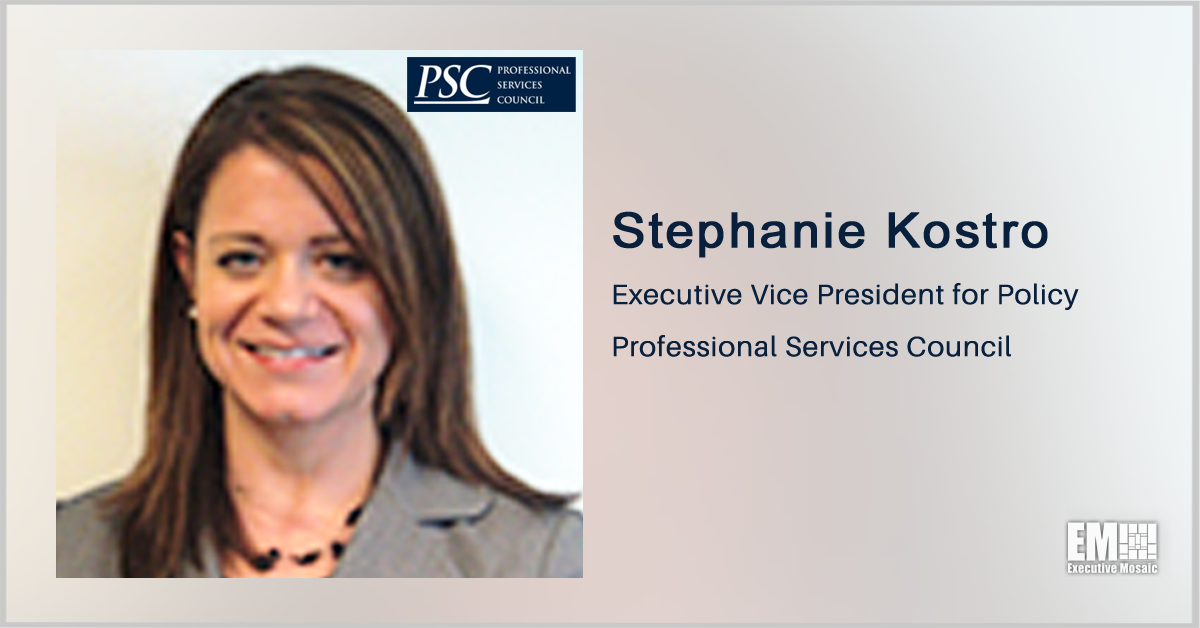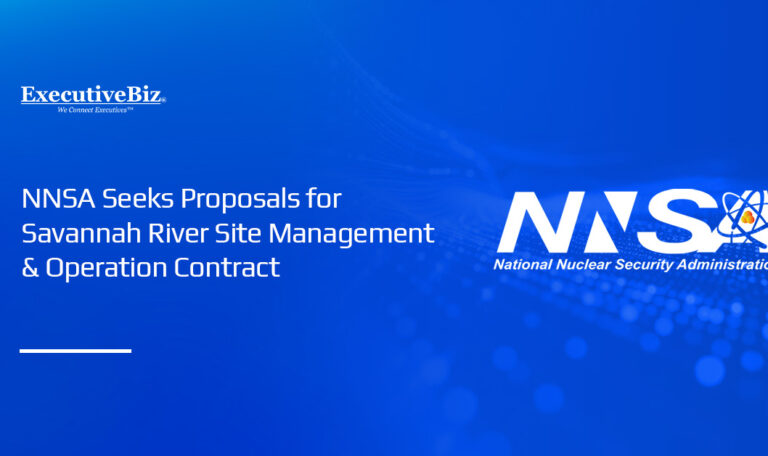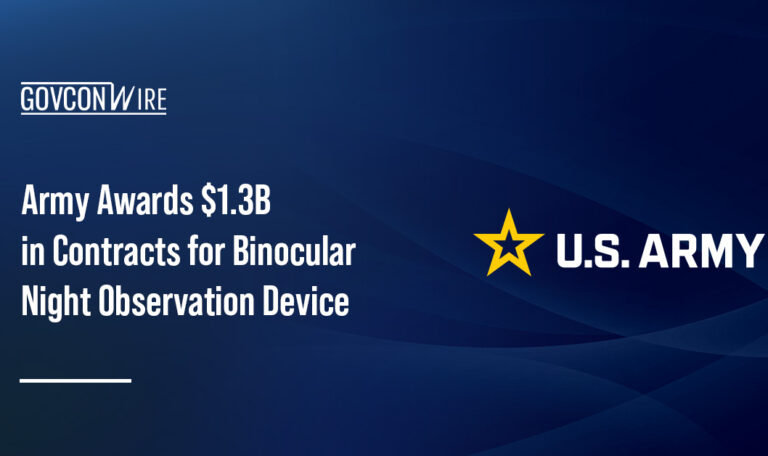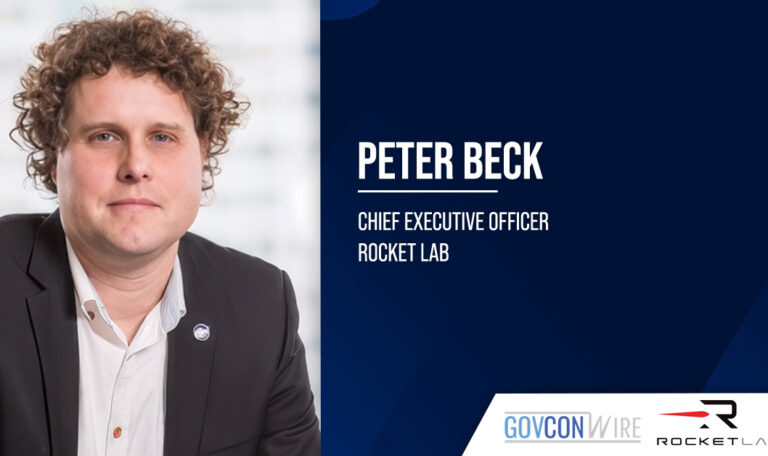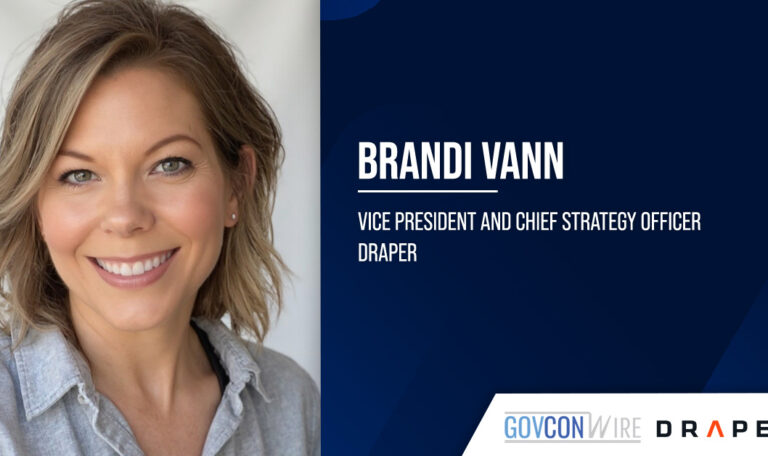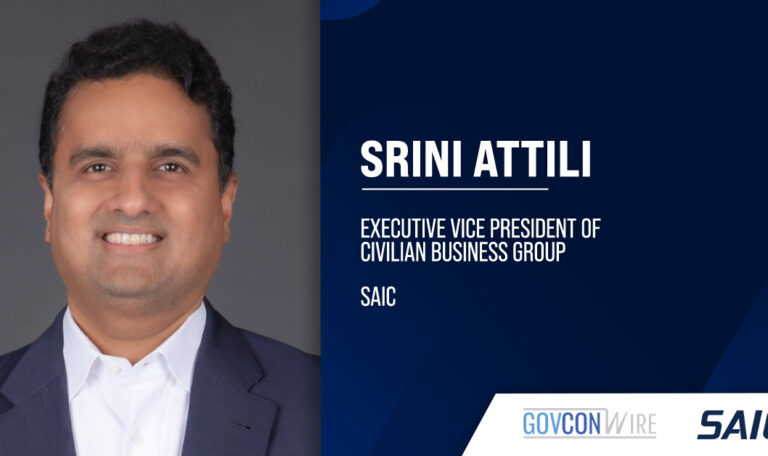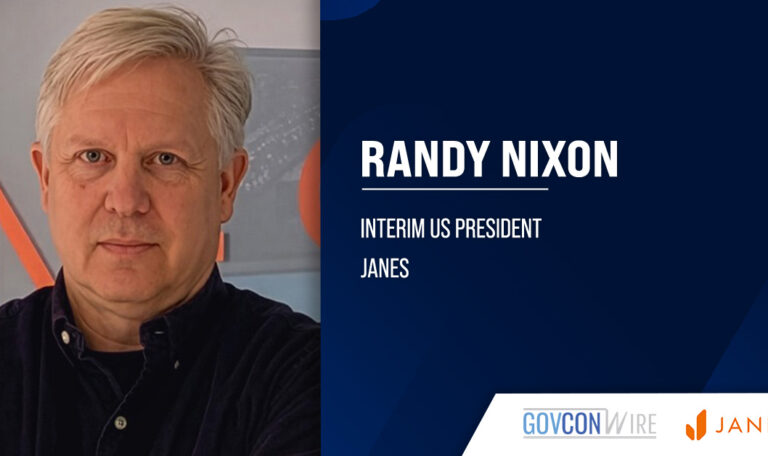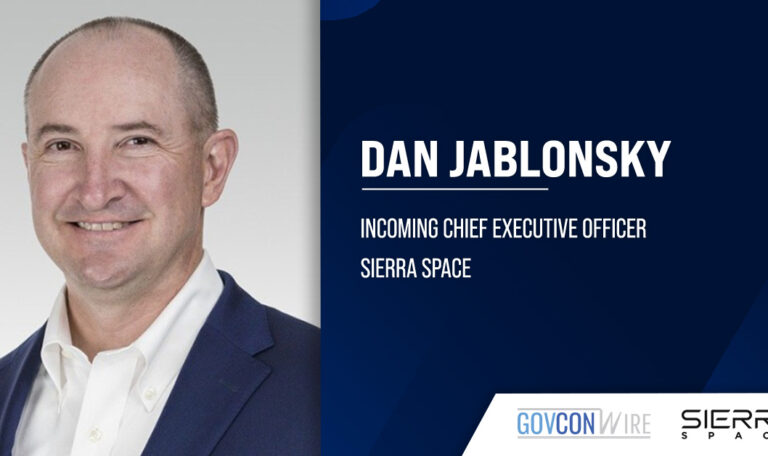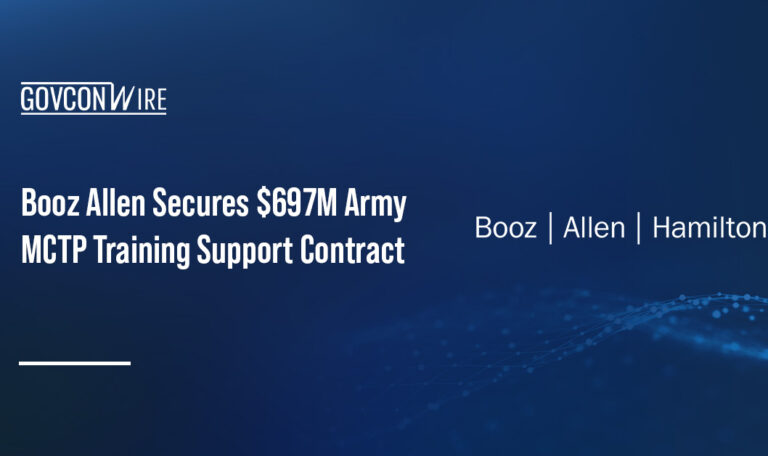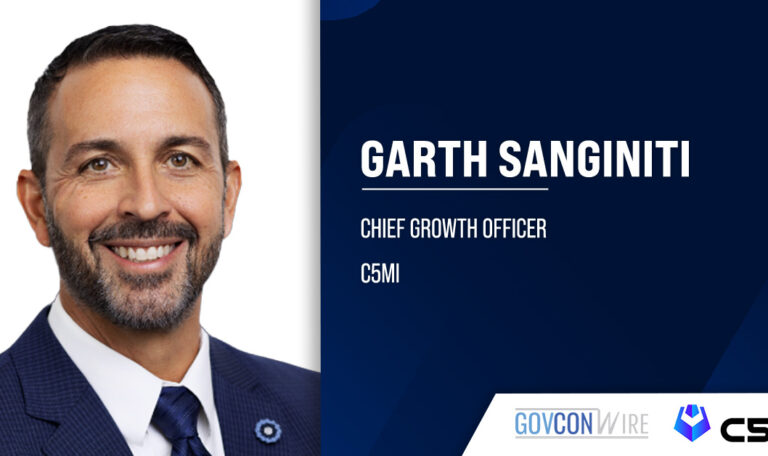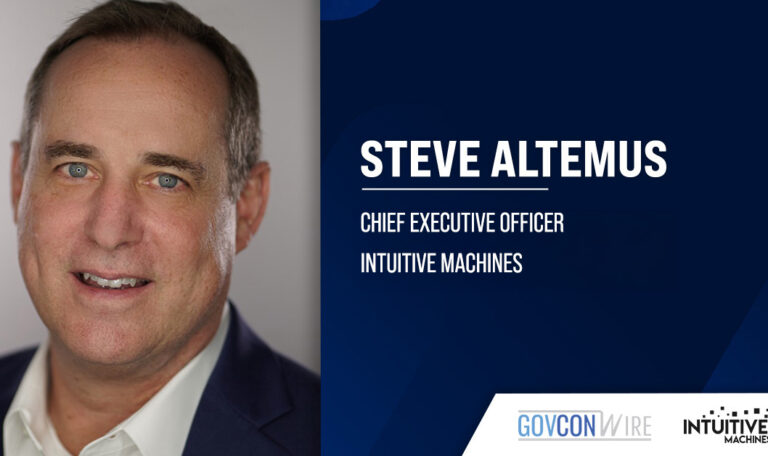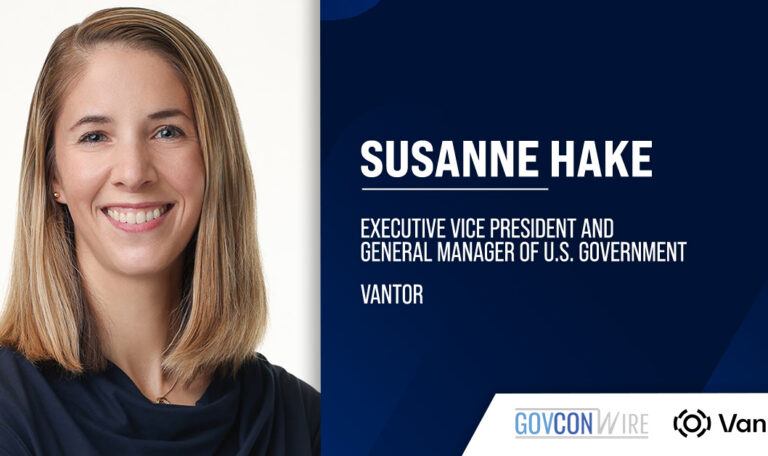The Professional Services Council has asked the National Institutes of Health Information Technology Acquisition and Assessment Center to give the industry more time to submit proposals for a potential 10-year, $50 billion follow-on contract for IT platforms and services, and to provide more details about the governmentwide acquisition contract vehicle.
PSC said Tuesday it informed the leadership of the Department of Health and Human Services center about “imprecise and at times inconsistent language” on the final Request for Proposals amendments for the Chief Information Officer-Solutions and Partners 4 GWAC.
“PSC encourages you to review decisions with consideration to applicable laws and regulations and to share promptly the rationale for those decisions with industry through procurement documentation,” the council’s June 28 letter to NITAAC reads.
In the letter, PSC cited “inequitable and confusing treatment of questions” and asked for a list of all questions the industry originally submitted to assure potential offerors that their queries are taken into account.
The council also strongly recommends that NITAAC move its July 8 proposal due date to July 30, noting that many interested parties consider the time period as inadequate because of “the breadth and depth of changes” laid down in two recent amendments.
“This is a large-scale and important contract vehicle for government agencies with notable health care information technology needs. As we continue to respond to and recover from the COVID-19 pandemic and as the future of health care evolves, it’s imperative for NITAAC to create and sustain a diverse, competitive marketplace wherein each offer receives fair, careful, and adequate evaluation and offerors win on the merits of their solutions,” said Stephanie Kostro, executive vice president for policy at PSC.
CIO-SP4 is an indefinite-delivery/indefinite-quantity contract that provides for IT services for biomedical research, health care and health sciences; CIO support; digital media; outsourcing; IT operations and maintenance; integration services; cybersecurity; digital government and cloud services; enterprise resource planning; and software development. The 10 task areas are tailored to the requirements of agencies.


